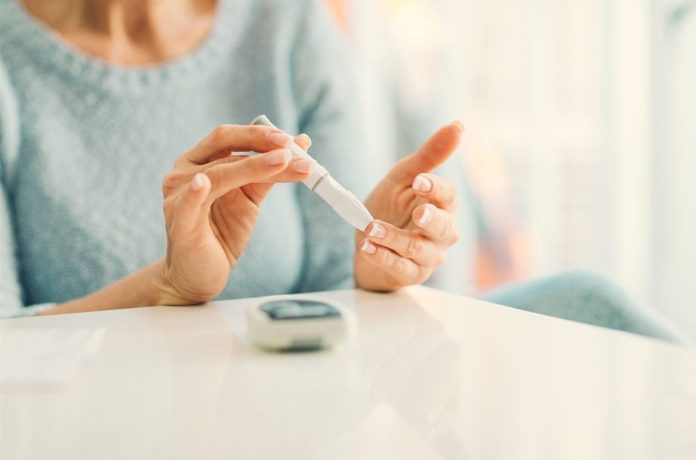High blood sugar levels can cause havoc in the body, but a change in diet can be a game-changer. According to studies, a simple vegetable can lower blood sugar levels in as little as 120 minutes after consumption.
If you take actions to reduce the burden of type 2 diabetes, it will be barely noticeable. The trick is to keep blood sugar levels in check, as they can quickly climb to deadly levels if left unchecked.
Consuming celery can have a significant impact on blood sugar levels, according to a study published in the Saudi Medical Journal.
The research was carried out at Syiah Kuala University Faculty of Medicine in Banda Aceh, Indonesia, between March and November 2014.
They studied 16 prediabetic older people above the age of 60 in an experimental setting (six men and 10 women).
They were divided into two groups: a control group (received a placebo) and a treatment group (received a therapy) (treated with celery). For 12 days, patients were given 250 mg celery leaf extract capsules three times a day (morning, afternoon, and evening), 30 minutes before meals.
The researchers found a “significant decrease” in postprandial plasma glucose levels in the celery group, which dropped by 19.5 percent after treatment.
A postprandial plasma glucose test is a blood test that analyzes blood glucose (sugar) levels after a meal with a specific amount of carbs. Two hours after taking the glucose, a blood test is performed.
The researchers determined that celery was “effective” in decreasing blood glucose levels.
The glycemic index (GI), a classification system for carbohydrates-containing foods, can help you keep your blood sugar levels in check. It depicts how fast each food impacts your blood sugar (glucose) level when consumed alone.
Carbohydrate foods with a high GI are those that are easily broken down by the body and generate a rapid rise in blood glucose.
High GI foods include sugary foods, sugary soft drinks, White bread, potato, and White rice.
Foods with a low or medium GI digest more slowly, causing a steady rise in blood sugar levels over time. Fruits and vegetables, legumes, and whole foods like oatmeal are among them.
Many people are unaware that they have type 2 diabetes. This is due to the fact that the symptoms do not always make you feel bad.
Symptoms of type 2 diabetes include urinating more than usual, especially at night, feeling thirsty all the time, feeling very tired, losing weight without trying, or yeast infection repeatedly, cuts or wounds that take longer to heal, blurry vision.
If you experience any of the symptoms of type 2 diabetes or are concerned that you may be at a greater risk of developing type 2 diabetes, you should contact a doctor.
Image Credit: Getty
You were reading: A vegetable reduces elevated blood sugar by 20% within minutes
